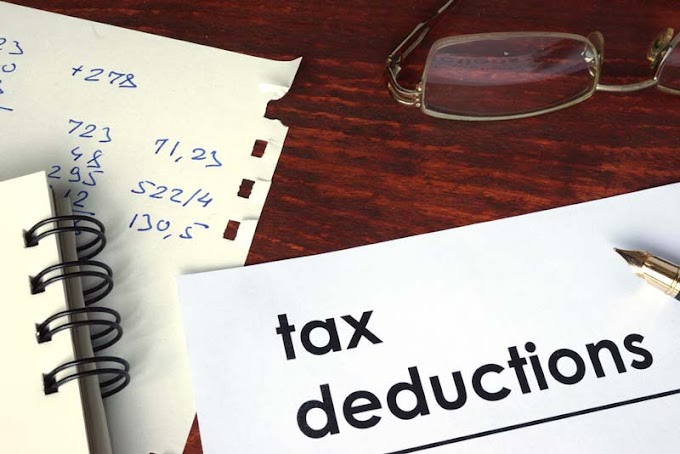As a college student or graduate, you may be familiar with the concept of student loans and the interest rates associated with them. But are student loan interest rates annual? In this article, we will explore what student loan interest rates are, how they are calculated, and whether they are annual or not.
What are Student Loan Interest Rates?
Student loan interest rates are the fees charged by the lender for borrowing money to pay for your education. These rates are determined by a variety of factors, including the type of loan you have, the lender, and your credit score. Generally, the higher your credit score, the lower your interest rate will be.
How are Student Loan Interest Rates Calculated?
Student loan interest rates are calculated using a simple interest formula. This means that interest is only charged on the principal balance of your loan, and not on any interest that has already accrued. The interest rate is then multiplied by the principal balance of your loan to determine how much interest you owe.
Are Student Loan Interest Rates Annual?
Yes, student loan interest rates are typically annual. This means that the interest rate you are quoted when you take out a student loan is the annual percentage rate (APR). However, the interest is usually compounded daily, which means that the interest you owe increases each day.
Why Does It Matter If Student Loan Interest Rates are Annual?
Understanding whether student loan interest rates are annual is important because it affects how much interest you will owe on your loan. If you have a $20,000 loan with a 5% interest rate, you would owe $1,000 in interest for the first year. However, if your interest rate is compounded daily, you would owe more than $1,000 in interest because the interest would be calculated on the principal balance plus any interest that had accrued.
How to Find Out Your Student Loan Interest Rate
To find out your student loan interest rate, you can check your loan documents or contact your lender. Your interest rate will be listed as a percentage and may vary depending on the type of loan you have.
How to Lower Your Student Loan Interest Rate
There are several ways to lower your student loan interest rate, including refinancing your loans, signing up for automatic payments, and improving your credit score. Refinancing allows you to take out a new loan with a lower interest rate, which can save you thousands of dollars over the life of your loan.
What Happens If You Don't Pay Your Student Loan Interest?
If you don't pay your student loan interest, your loan balance will continue to grow due to the daily compounding interest. Eventually, your loan may enter into default, which can lead to wage garnishment, tax refund offset, and damage to your credit score.
How Does Student Loan Interest Affect Your Credit Score?
Student loan interest can have a significant impact on your credit score. If you make your payments on time, your credit score will improve over time. However, if you miss payments or default on your loans, your credit score will be negatively affected. This can make it harder to qualify for loans, credit cards, or even a mortgage in the future.
How to Refinance Your Student Loans
Refinancing your student loans can help you save money on interest and lower your monthly payments. To refinance your loans, you will need to apply for a new loan with a private lender. The new loan will have a different interest rate and repayment terms than your original loan.
Pros and Cons of Refinancing Your Student Loans
There are several pros and cons to consider when refinancing your student loans. On the one hand, refinancing can save you money on interest and help you pay off your loans faster. On the other hand, you may lose access to certain benefits and protections offered by federal student loans, such as income-driven repayment plans and loan forgiveness programs.
How to Choose the Right Student Loan Repayment Plan
Choosing the right repayment plan for your student loans can help you manage your debt and avoid default. There are several repayment plans to choose from, including standard repayment, graduated repayment, and income-driven repayment plans. Each plan has its own advantages and disadvantages, so it's important to choose the one that works best for your financial situation.
What is Student Loan Forgiveness?
Student loan forgiveness is a program that allows borrowers to have some or all of their student loans forgiven after a certain period of time. There are several types of student loan forgiveness programs, including Public Service Loan Forgiveness, Teacher Loan Forgiveness, and Perkins Loan Cancellation.
How to Qualify for Student Loan Forgiveness
To qualify for student loan forgiveness, you will need to meet certain eligibility requirements. For example, Public Service Loan Forgiveness requires you to work for a qualifying employer and make 120 qualifying payments. Teacher Loan Forgiveness requires you to work in a low-income school district for a certain period of time.
Conclusion
In conclusion, student loan interest rates are typically annual, but they are usually compounded daily. Understanding how interest is calculated on your loans can help you save money and avoid default. If you're struggling to manage your student loan debt, there are several options available to you, including refinancing, choosing the right repayment plan, and qualifying for student loan forgiveness.








